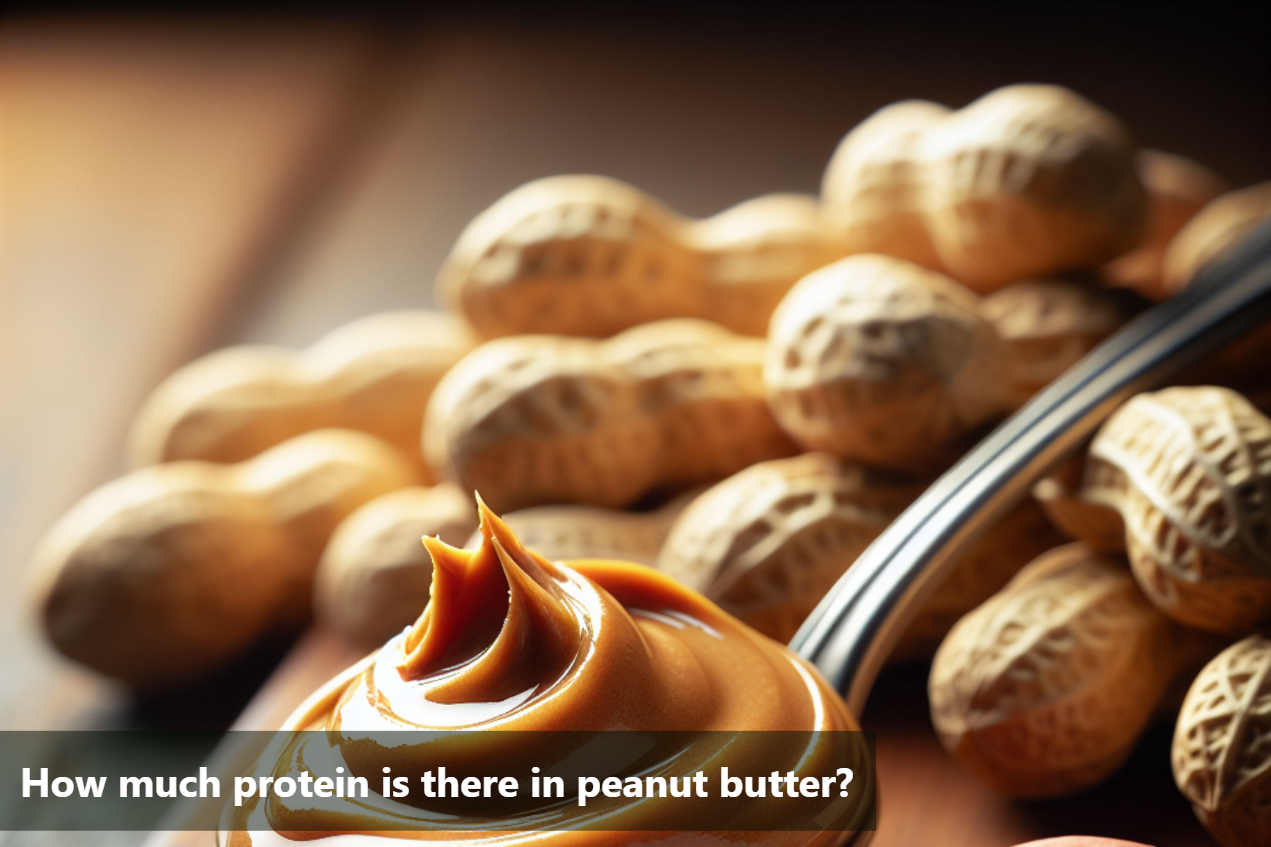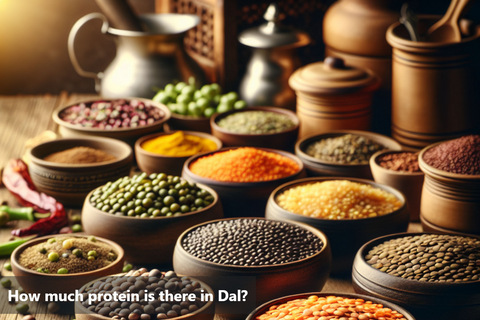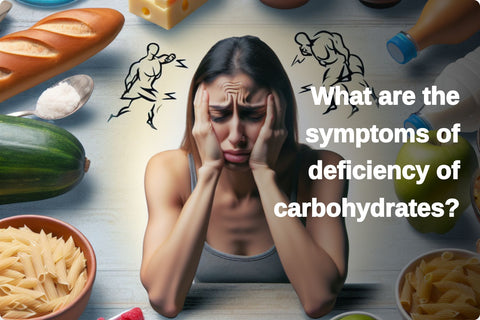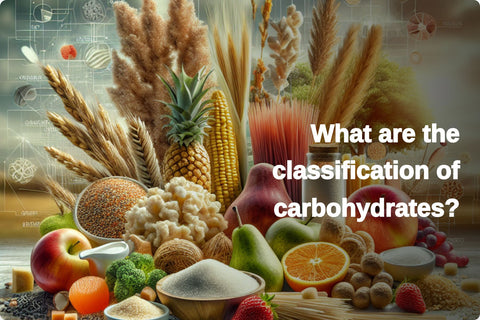
How much protein is there in peanut butter?
When it comes to protein in peanut butter, this creamy spread is a notable source. It serves as a convenient and tasty way to incorporate protein into your meals, whether it be breakfast, lunch, or a snack. Peanut butter contains approximately 3.5 to 4 grams of protein per tablespoon, making it a moderate protein source for individuals seeking to boost their intake.
Moreover, the protein content in peanut butter is not only satisfying but also pairs well with carbohydrates, like whole-grain bread or crackers, for a balanced snack. This combination can provide a sustained release of energy and support muscle recovery post-workout.
As we navigate through the world of nutrition, understanding the protein content in peanut butter is essential for making informed dietary choices. So the next time you indulge in a spoonful of this nutty delight, savor not only its taste but also the valuable protein it offers.

Nutritional Breakdown of Peanut Butter
A 3.5-ounce (100-gram) portion of peanut butter provides:
Nutrient |
Amount |
|---|---|
Carbohydrates |
22 grams of carbs (14% of calories) |
Fibre |
5 grams |
Protein |
22.5 grams of protein (14% of calories) |
Fat |
51 grams of fat |
Vitamin E |
60% of the daily value (DV) |
Vitamin B3 (niacin) |
84% of the DV |
Vitamin B6 |
29% of the DV |
Folate |
18% of the DV |
Magnesium |
37% of the DV |
Copper |
56% of the DV |
Manganese |
65% of the DV |
Protein in Peanuts vs. Peanut Butter
When comparing the protein content between raw peanuts and peanut butter, it's essential to consider both concentration and bioavailability.
Raw peanuts naturally contain a high amount of protein, making them a nutritious snack. However, during the process of turning peanuts into peanut butter, the protein concentration slightly decreases due to the addition of other ingredients like oils and sweeteners.
In terms of protein content, one tablespoon of peanut butter generally contains around 3-4 grams of protein. On the other hand, raw peanuts have a higher protein density per ounce compared to peanut butter. This means that eating a serving of raw peanuts may provide more protein than the same equivalent amount of peanut butter.
-
When it comes to bioavailability, protein in raw peanuts is readily accessible for absorption by the body. In contrast, the protein in peanut butter may have slightly reduced bioavailability due to the processing it undergoes. However, both raw peanuts and peanut butter remain valuable sources of plant-based protein that can be incorporated into a balanced diet.
Ultimately, whether you choose raw peanuts or peanut butter, you can enjoy the benefits of protein along with other essential nutrients for your overall health and well-being.
Incorporate Peanut Butter in your diet
-
Spread on Toast or Bagels:
Spread peanut butter on whole grain toast or bagels for a quick and satisfying breakfast or snack.
-
Dip for Fruit:
Dip apple slices, banana chunks, or celery sticks into peanut butter for a tasty and nutritious snack.
-
Peanut Butter Smoothies:
Add a spoonful of peanut butter to your favorite smoothie recipe for a creamy texture and protein boost.
-
Peanut Butter Oatmeal:
Stir peanut butter into your morning oatmeal for added flavor, richness, and protein.
-
Peanut Butter Yogurt Parfait:
Layer Greek yogurt, peanut butter, and granola in a glass or bowl for a delicious and protein-packed parfait.
-
Peanut Butter Dressing:
Whisk together peanut butter, soy sauce, lime juice, and a touch of honey for a flavorful salad dressing or dipping sauce.
-
Peanut Butter Energy Balls:
Mix peanut butter with oats, honey, and your favorite mix-ins like chocolate chips or dried fruit. Roll into bite-sized balls for a convenient snack.
-
Peanut Butter Stir-Fry Sauce:
Combine peanut butter with soy sauce, garlic, ginger, and a splash of water. Use as a sauce for stir-fried veggies and protein.
-
Peanut Butter and Jelly Sandwich:
Classic yet delicious! Spread peanut butter and your favorite jelly or jam between two slices of bread for a nostalgic meal or snack.
-
Peanut Butter Desserts:
Use peanut butter as an ingredient in homemade cookies, brownies, or bars for a rich and nutty flavor.

Investigating the Protein Content of Peanut Butter
Protein content in peanut butter plays a crucial role in maintaining a balanced diet. A typical serving of peanut butter, one tablespoon, contains around 4 grams of protein, making it a valuable source of this essential nutrient. When comparing the protein in peanuts versus peanut butter, it is important to note that while raw peanuts have a higher protein concentration, the protein in peanut butter is more easily absorbed by the body due to its processing.
Incorporating protein-rich foods like peanut butter in your diet can help support muscle growth, repair tissues, and regulate various bodily functions. Whether you enjoy it spread on toast, blended into smoothies, or used as a dip, peanut butter offers a convenient and delicious way to increase your protein intake.
Including protein-rich peanut butter in your meals not only enhances satiety and helps in weight management but also provides a good source of energy. Its versatility makes it a popular choice for individuals looking to boost their protein consumption in a flavorful manner.
This Blog post is an initiative by Lo! Foods, to provide accurate and Nutritionist / Doctor approved information related to Health. Lo! Foods is India's leading brand for Everyday Functional Foods. Foods designed for specific Health conditions or Needs. Lo! Foods also runs India's largest range of Low Carb Healthy Cloud Kitchens, under the brand names of Lo!, ProteinChef, ATH (All Things Healthy) and DiabeSmart.











Leave a comment
Your email address will not be published.